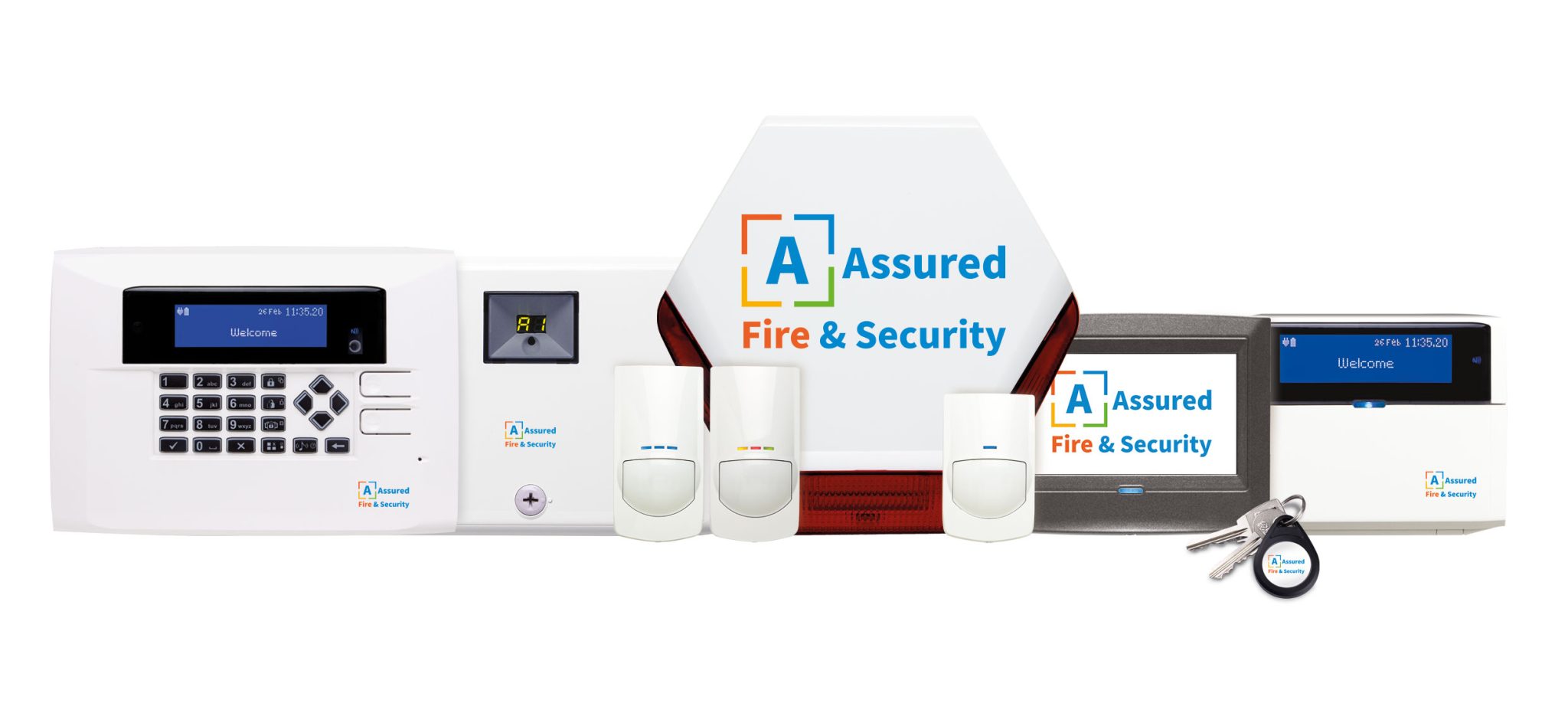Small businesses are often seen as easy targets for theft, vandalism, and other security threats. However, investing in a comprehensive security system can help deter criminal activity and protect your business assets. Here are some reasons why security systems are essential for small businesses:
- Deterrence: Visible CCTV and security cameras, alarm systems, and access control systems act as a deterrent to potential criminals. Knowing that your business is protected by surveillance and monitoring can discourage would-be intruders from targeting your property.
- Protection of Assets: Security systems help protect your business assets, including inventory, equipment, and confidential information, from theft, vandalism, and unauthorised access. In the event of a security breach, cameras and intruder alarms can provide valuable evidence for law enforcement and insurance claims.
- Employee Safety: A secure work environment contributes to employee morale and safety. Security systems can help employees feel safe and secure while working, particularly during late hours or in isolated areas of the building.
- Remote Monitoring and Management: Many modern security systems offer remote monitoring and management capabilities, allowing you to monitor your business premises in real time from anywhere with an internet connection. This provides peace of mind and enables you to respond quickly to any security alerts or incidents.
- Compliance Requirements: Depending on your industry and location, you may be required to comply with certain security regulations and standards. Installing a security system that meets these requirements not only helps protect your business but also ensures legal compliance.
Investing in a security system is a proactive measure that can save your small business time, money, and stress in the long run. Whether you operate a retail store, office, or restaurant, protecting your business should be a top priority.



